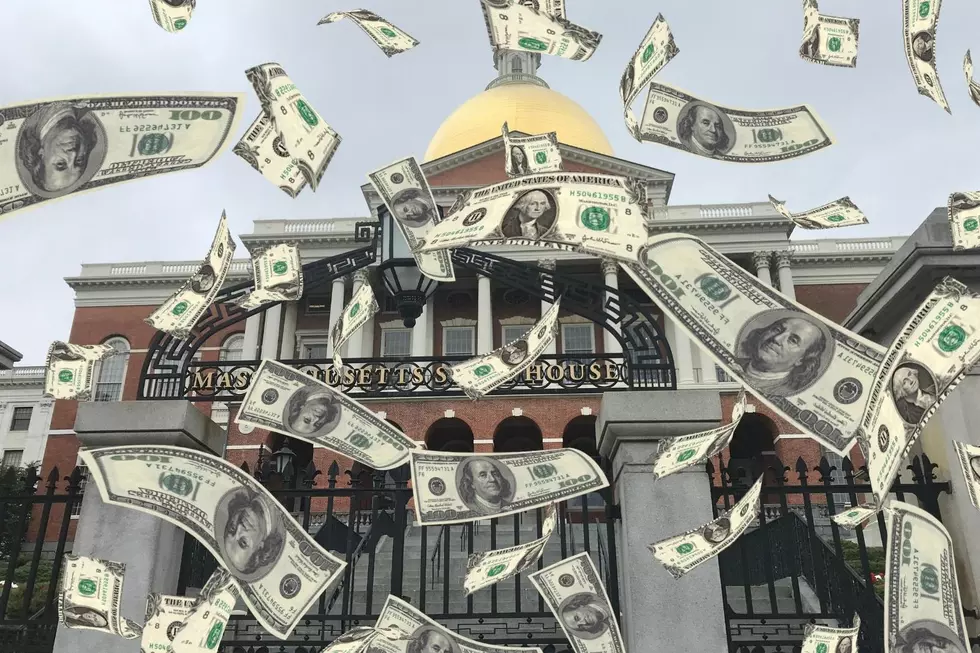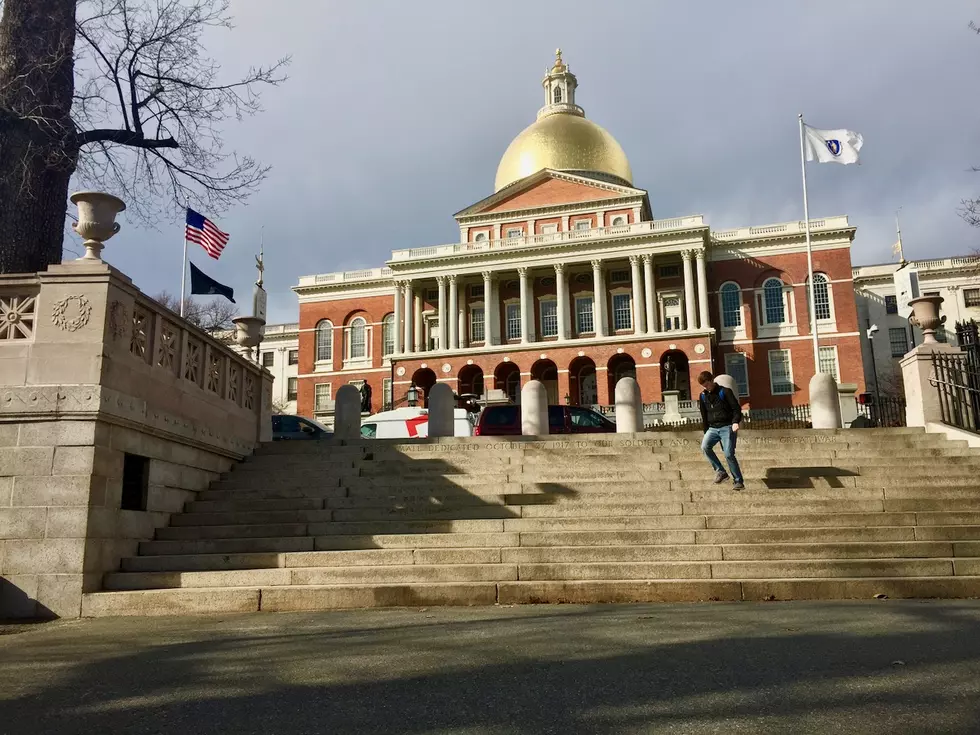
Cabral Advocates New Approach to Local Aid Act
The way cities and towns receive local aid could change thanks to a proposal being advocated by Rep. Antonio Cabral.
Cabral says the proposal, entitled "An Act Regarding Revenue Sharing with Cities and Towns," would consider factors such as the measure of a community's ability to raise revenue through taxes or fees, the difference between the amount that communities spend versus what they can raise, and the amount of fixed costs communities for services such as police, fire, and sanitation.
The current approach, known as Unrestricted General Government Aid, is the sum of what used to be two different line items, lottery aid and additional assistance and that it distributes funds across the board, based on previous aid amounts, without considering the needs of each municipality.
"Right now there's really no formula in essence and communities that have greater needs, in some cases, are receiving less local aid than other communities," said Cabral "this formula would take into consideration the demographics, the population, the level of need and the ability of the local community to raise its own revenues."
Cabral one only needs to look at Boston and New Bedford and compare the amount of revenue the two cities can raise from parking tickets and traffic citations.
"Boston can raise, just on parking tickets alone, on traffic violations alone, $50-$60 million, sometimes more than that, per year," says Cabral "we know that we in New Bedford do not have that capacity to generate that kind of revenue from parking tickets or other violations."
Cabral also said the current approach, drafted by the Legislature in 1991, was based on legislative influences and don't reflect the changes that have taken place in the Commonwealth since that time.
“The original distributions from 1991 have no rational basis,” said Cabral, “in addition, once these amounts have been fixed for 25 years, they don’t reflect changes across the Commonwealth.”
If this measure were approved Cabral says it wouldn't impact aid that is currently being distributed.
"It would not change the existing amount that communities presently receive," said Cabral "but any increase going forward, then it would be going through this formula that would take into consideration the needs of the community."
Unrestricted General Government Aid spending for FY2015 totaled over $945 million, according to Rep. Cabral's Office.
More From WBSM-AM/AM 1420









